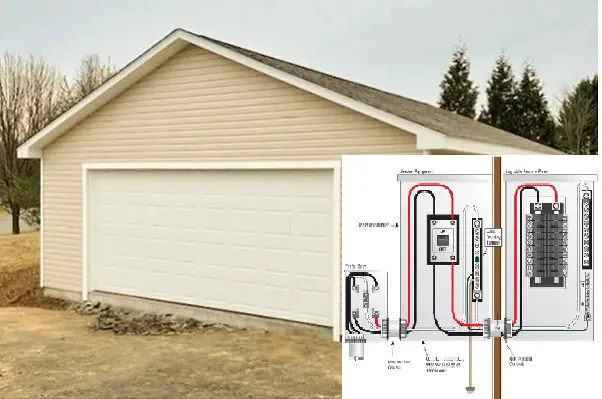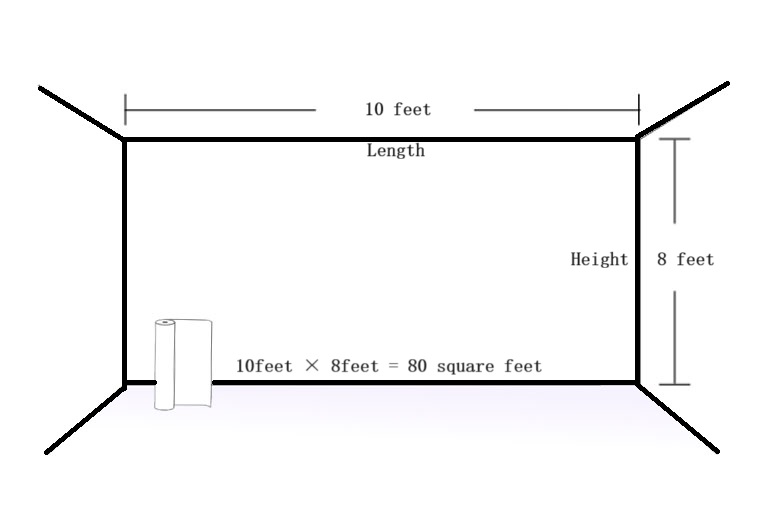Why Did My Fire Alarm Randomly Go Off in the Middle of the Night?
Imagine being jolted awake in the middle of a peaceful night by the blaring sound of a fire alarm. It’s […]
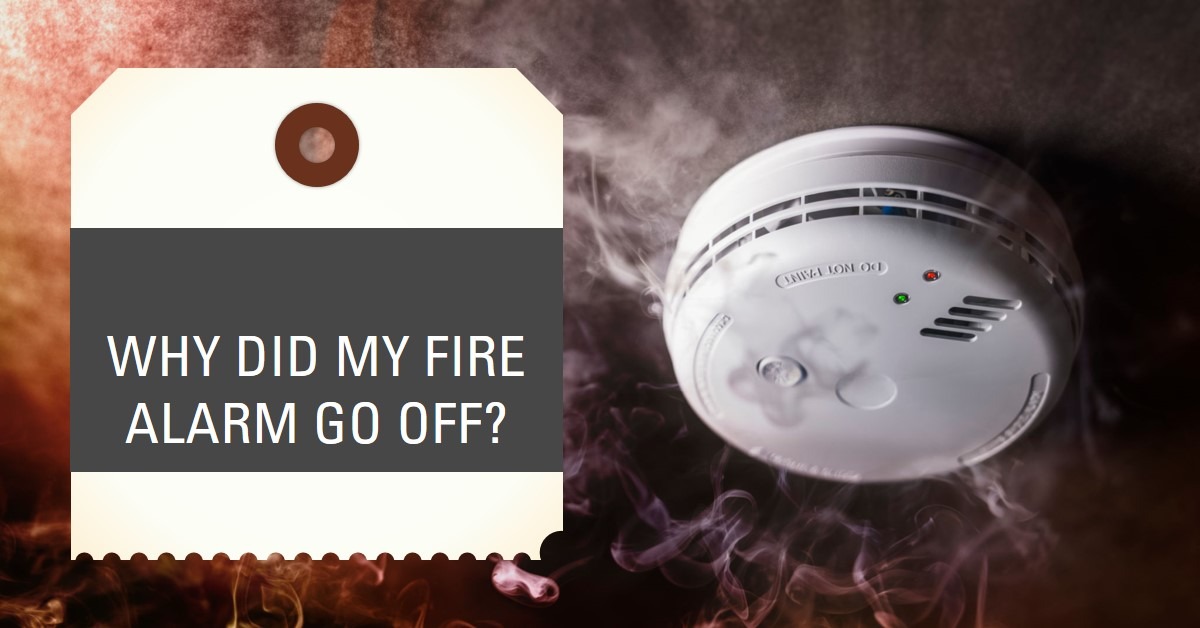
Imagine being jolted awake in the middle of a peaceful night by the blaring sound of a fire alarm. It’s not just disruptive; it’s downright alarming. The immediate concern is, of course, whether there’s an actual fire or if it’s a false alarm.
While determining the exact cause without proper investigation might be challenging, there are several common reasons why fire alarms go off unexpectedly, and understanding these can provide some relief and guidance in such situations.
Common Culprits

1. Low Battery
A leading cause of unexpected fire alarms is a low battery. Most modern alarms are equipped with a mechanism to emit a chirping sound when the battery is running low, serving as a warning before the alarm sounds completely. It’s crucial to regularly check and replace the batteries to ensure the alarm functions properly in case of a real emergency.
2. Dust or Debris
Over time, the sensors of a fire alarm can accumulate dust, cooking residue, or other particles, which may lead to false alarms. Even small amounts of smoke or steam can trigger the alarm if the sensors are obstructed. Regular cleaning and maintenance of the alarm system can help prevent this issue.
3. Steam or High Humidity
Activities such as taking a hot shower or cooking can generate a significant amount of steam, which may trigger the alarm if it’s located nearby. The moisture in the air can interfere with the sensors, causing them to activate erroneously. Proper ventilation in areas with high humidity can mitigate this problem.
4. Cooking Smoke
Surprisingly, even seemingly harmless activities like cooking burnt toast or popcorn can set off a sensitive fire alarm, especially if the kitchen lacks adequate ventilation. The smoke produced during cooking can trigger the alarm system, leading to false alarms. Ensuring proper ventilation in the kitchen area can help prevent this issue.
5. End of Life
Most fire alarms have a lifespan of around 10 years. If your alarm is older than that, it may be reaching the end of its life cycle and could malfunction, leading to false alarms. It’s essential to replace the alarm with a new one before it expires to maintain optimal functionality and safety.
6. Changes in Temperature
Sudden drops in temperature, particularly in older or more sensitive alarm systems, can sometimes trigger false alarms. These fluctuations can confuse the sensors, causing them to activate the alarm erroneously. Ensuring proper insulation and temperature control in the vicinity of the fire alarm can help mitigate this issue.
Less Common Reasons
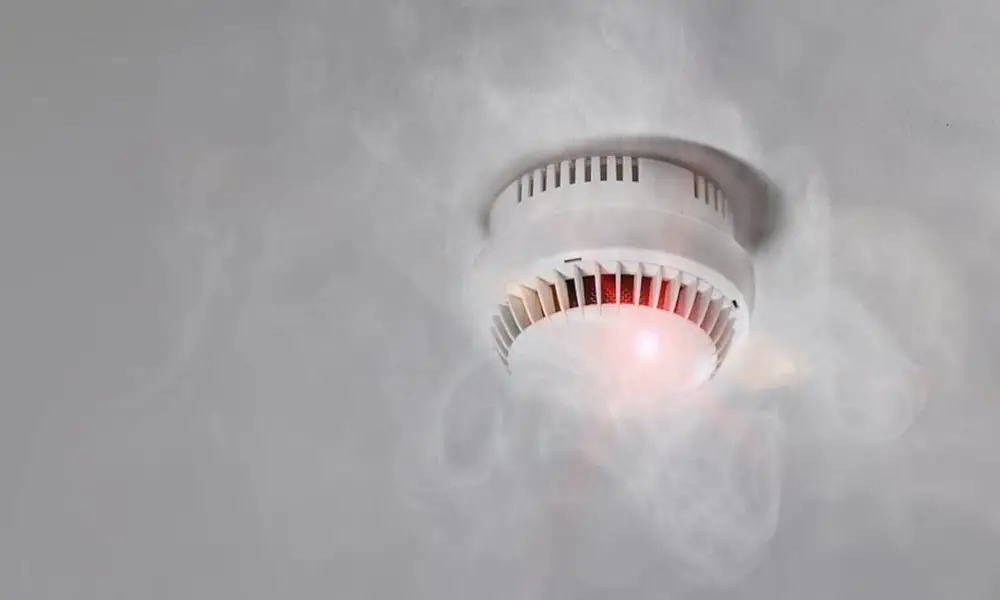
1. Insects
Believe it or not, tiny insects crawling into the sensor of a fire alarm can sometimes trigger it. The movement or mere presence of insects can be mistaken by the sensor as smoke particles, resulting in a false alarm. It’s essential to keep the area around the fire alarm clean and free of pests to minimize the risk of this occurrence.
2. Harsh Chemicals
Strong cleaning products or aerosols used near the fire alarm can also trigger false alarms. The chemicals present in these products may interfere with the sensors, causing them to activate unnecessarily. It’s advisable to use milder cleaning agents or to ensure proper ventilation when using such products near the fire alarm to prevent false alarms.
3. Electromagnetic Interference
In rare cases, interference from other electronic devices in close proximity to the fire alarm can cause it to malfunction. This electromagnetic interference disrupts the normal functioning of the alarm, leading to false alarms. To minimize this risk, ensure that electronic devices are properly shielded and positioned away from the fire alarm system.
What to Do Next
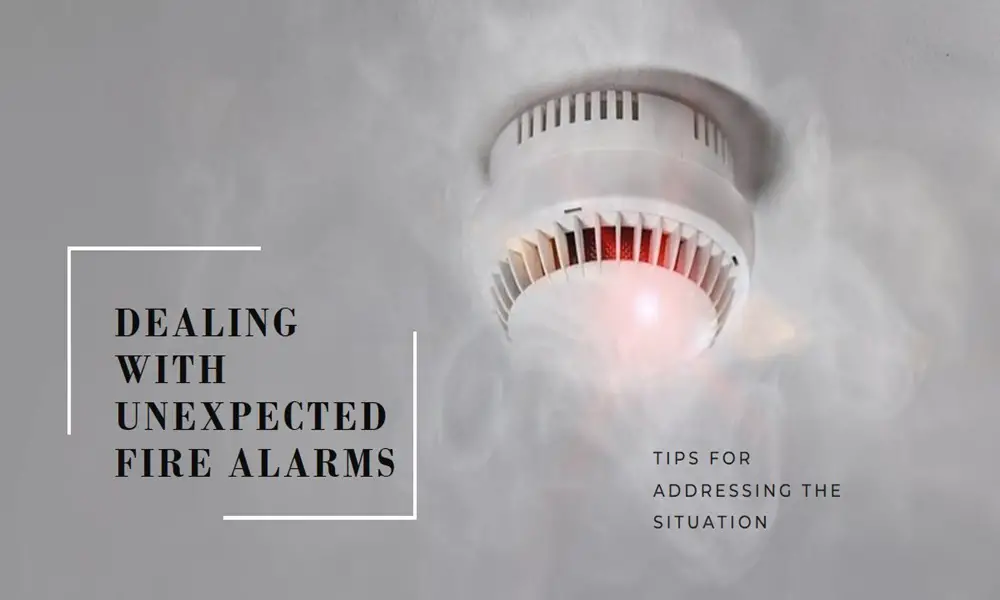
If your fire alarm has gone off unexpectedly in the middle of the night, it can be alarming and unsettling. Here are some steps you can take to address the situation:
- Check for Obvious Causes: Start by looking around for any signs of smoke, burnt food, steam, or dust near the alarm. Identifying and eliminating any obvious causes can help determine if the alarm was triggered by a genuine fire hazard or a false alarm.
- Test the Battery: Most fire alarms come equipped with a test button. Pressing this button can help determine if the alarm is functioning correctly and if the battery needs replacing. If the alarm emits a weak chirping sound or doesn’t respond at all, it’s a sign that the battery may need to be replaced.
- Clean the Alarm: Over time, dust and debris can accumulate on the sensors of the fire alarm, potentially leading to false alarms. Use a vacuum cleaner with a soft brush attachment to gently clean the alarm and remove any buildup. This simple maintenance step can help ensure the proper functioning of the alarm system.
- Consult the Manual: If you’re unsure about how to troubleshoot the alarm or if it continues to malfunction after cleaning and testing the battery, refer to the alarm’s manual for specific instructions and troubleshooting tips. The manual may provide valuable insights into resolving common issues and maintaining the alarm system.
- Consider Replacing the Alarm: If the alarm is old, expired, or frequently malfunctions despite your best efforts to troubleshoot and maintain it, it may be time to consider replacing it with a new one. Modern fire alarms offer advanced features and improved reliability, providing better protection for your home and loved ones.
Conclusion
While a fire alarm going off unexpectedly in the middle of the night can be unsettling, it’s essential to remain calm and take appropriate steps to address the situation. By understanding the common reasons for false alarms and following the suggested troubleshooting steps, you can minimize disruptions and ensure the continued safety of your home and loved ones.
FAQs
Why do fire alarms have a lifespan?
Fire alarms have a lifespan because the sensors and components degrade over time, leading to potential malfunctions and false alarms. Replacing them ensures continued reliability and safety.
Can insects really trigger a fire alarm?
Yes, insects crawling into the sensor of a fire alarm can sometimes trigger it by being mistaken for smoke particles, leading to false alarms.
How often should I replace the batteries in my fire alarm?
It’s recommended to replace the batteries in your fire alarm at least once a year, or as soon as you hear the low battery warning chirp.
What should I do if my fire alarm keeps going off?
If your fire alarm keeps going off unexpectedly, try cleaning the alarm, testing the battery, and checking for obvious causes. If the issue persists, consider replacing the alarm.
Are there any preventive measures to avoid false alarms?
Yes, some preventive measures include regularly testing and maintaining your fire alarm, keeping it clean from dust and debris, and ensuring proper ventilation in areas prone to triggering false alarms.
Laura Linney
As an expert in the field of garage walls, I have extensive knowledge and experience in enhancing the aesthetic appeal and functionality of these spaces through color and decoration. I specialize in creating visually appealing and practical designs that transform garages into inviting and organized environments.


